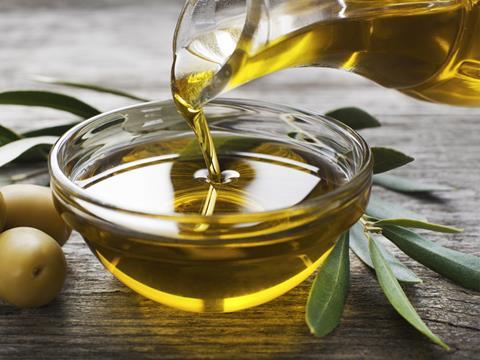
UK supermarkets face potentially massive price hikes and shortages of olive oil next year following the further deterioration of an already negative outlook for the European olive harvest.
The harvest in Spain – the world’s largest olive oil producer – was “looking very bad” in the wake of the hot weather and drought conditions seen across Europe this summer, warned Filippo Berio UK CEO Walter Zanre.
Processing yields are already significantly down in Spain, where harvesting is well underway. Latest estimates put Spain’s now “huge” shortfall at more than 750,000 tonnes (up from 700,000 in October) or about 50% of its normal annual production, Zanre said. Spain “in a good year” supplies about 60% of the world’s olive oil, he added.
Coupled with a poor harvest in Italy, where volumes are down 40% year-on-year due to similar weather-driven challenges, the shortfall has already begun pushing wholesale prices to ever-increasing record levels.
“The western end of the Mediterranean, in countries such as Spain, Portugal, Italy and Tunisia has suffered the most from the weather,” he pointed out. The quality of olive crops had also been impacted by the weather, further impacting on total oil volumes, with olive trees naturally shedding large proportions of olives when faced with heat stress.
As a result, the price of Italian extra virgin olive oil has risen by 40.7% since 1 June to just over €6,000/kg, shows November data from Milan’s Granaria agricultural trading exchange. European extra virgin is up 44.9% over the same period to €5,500/kg and refined olive oil is up 48.3% to €5,400/kg.
Despite its status as the biggest olive oil exporter, “Spain doesn’t even look as if it has enough to cover domestic needs”, Zanre said, and was actively looking to source from countries such as Greece and Tunisia in an attempt to cover demand.
Mintec oilseeds and vegetable oils analyst Roxanne Nikoro told The Grocer that a year-on-year increase in output from Greece, which has now overtaken Italy as the second largest producer of olive oil, “could offset declines from Spain and Italy”.
But this, and the fact there would be some carryover stocks into 2023, would be unlikely to make up any total shortfall, Zanre warned, and this would ultimately push up prices in retail by potentially big margins. Oil suppliers were now in crunch talks with their retail, manufacturing and foodservice partners to discuss the deteriorating supply situation, he added.
“Manufacturers are already reformulating products to cut out olive oil and we [and other suppliers] are in negotiations with retailers for potential price increases in the new year”.
The situation was further compounded by a shortage of glass bottles due to the war in ukraine taking out a major supplier, prompting Filippo Berio to have to stockpile – at additional cost – up to four week’s supply of bottles, he pointed out, referencing the increased production costs most of the food sector has faced this year.
By Q4 next year, Zanre said he was “convinced there will quite literally be no oil available” due to the supply situation.








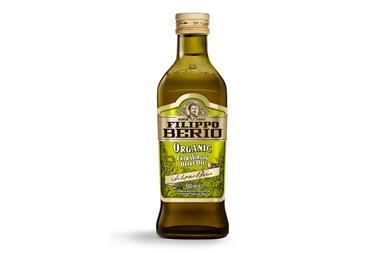
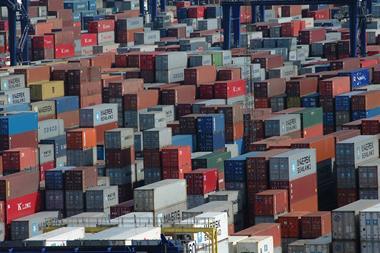
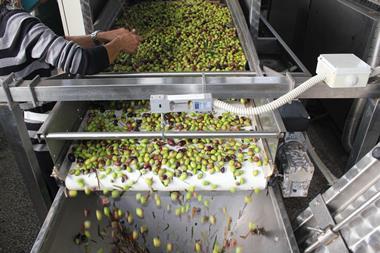
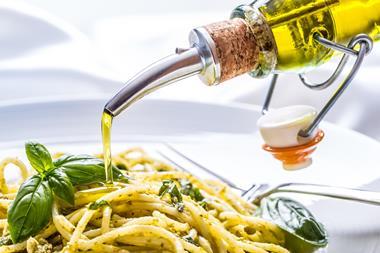
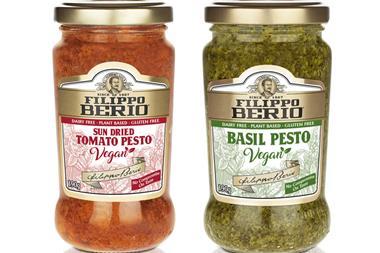
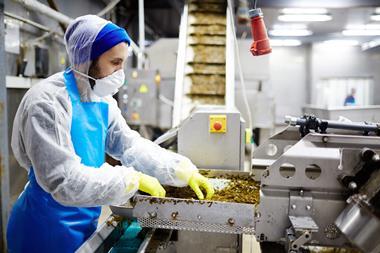

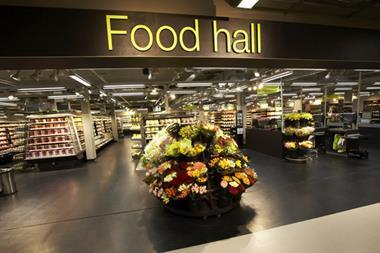
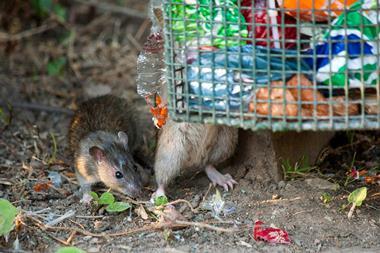


No comments yet